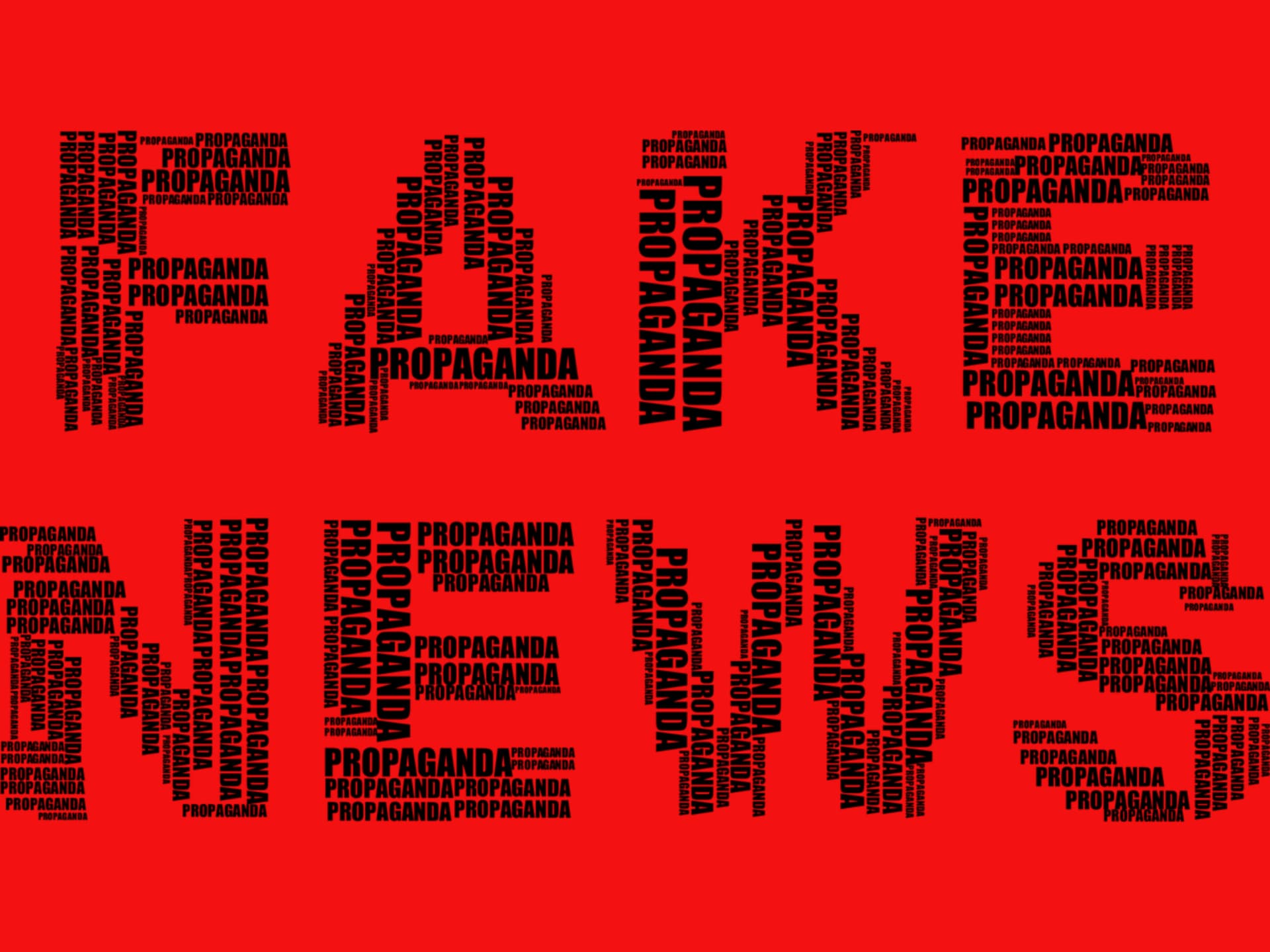Propaganda plays an important role in shaping public opinion and the perception of social issues. It can be used as a tool to persuade the masses, manipulate emotions, and create a specific view of reality. It is important to understand how exactly propaganda affects society and what consequences it can have on the perception of social issues, especially in the context of the Czech Republic.
The Role of Propaganda in Shaping Perception of Social Issues
Propaganda is the intentional spread of information or ideas that serve a specific purpose, most often political or social. One key aspect of propaganda is its ability to alter the perception of certain events or phenomena, even if they do not fully reflect reality. This is achieved through emotional manipulation, the selection of information, and its presentation in a context that promotes the desired interpretation.
One of the main methods of propaganda is the use of repetitive images and phrases that become familiar and are perceived as true. For example, when the propaganda machinery in the mass media actively covers a specific issue, it can help create the belief among citizens that this problem is one of the most significant in society. At the same time, propaganda may downplay other equally important issues, creating a one-sided perception.
How Propaganda Affects Social Issues
Social issues can be used by propaganda to strengthen political positions or to divert public attention from other important matters. In the Czech Republic, as in other countries, propaganda tools are actively used in the context of migration, economics, human rights, and environmental issues. Propaganda can direct citizens’ attention to the right issues, sometimes exaggerating the significance of certain social phenomena or distorting information, which influences the perception of these problems.
One example is the public perception of migration. In the Czech Republic, as in other European Union countries, there is an active debate on migration, and different political forces use propaganda strategies to shape public opinion. Those against migration may use propaganda to emphasize the threat posed by migrants, while those supporting more open migration policies may present migration as an opportunity for cultural exchange and economic growth. These differing approaches create a contrast in the perception of migration, despite the existence of objective data that may point to both the pros and cons of migration.
Mechanisms of Propaganda’s Influence on Perception
Propaganda influences perception through several key mechanisms:
- Emotional Impact: Propagandists often use emotionally charged images and words to evoke certain feelings in viewers or readers, such as fear, anger, or sympathy. This helps make the message more memorable and convincing.
- Manipulation of Facts: Propagandists may consciously distort facts or selectively present information to support their point of view. For example, only data that supports a specific argument may be presented, while other data that may offer a different picture is ignored.
- Repetition: Information that is frequently repeated is often perceived as the truth. Propaganda actively uses this principle to instill in people the belief in the truth of the information presented.
Social Media and Information Channels: In the modern world, social networks play a significant role in spreading propaganda. The ease with which information can be shared allows these channels to be used for creating mass hysteria, spreading fake news, and shaping public perception.
Propaganda and the Role of Mass Media
Mass media are crucial instruments of propaganda. This includes not only television and radio channels but also internet resources, where the exchange of information occurs daily. In the Czech Republic, as in other countries, social media plays a significant role in spreading information. Because it is easy to find material online that supports almost any point of view, propaganda often proves to be more effective.
Media channels can either amplify or weaken social problems. On one hand, they are capable of drawing attention to important issues, creating a platform for discussion. On the other hand, media can create distorted images aimed at manipulating public opinion. For example, during the COVID-19 pandemic, different media sources could either contribute to spreading panic or, conversely, underestimate the danger, creating a false sense of security.
Conclusion
The impact of propaganda on public perception of social issues cannot be overstated. Propaganda can be a powerful tool for shaping public opinion in both positive and negative directions. It can draw attention to pressing problems, but it can also distract society from important issues. It is essential to understand that in an environment of information overload, people must be prepared for critical consumption of information and avoid falling for manipulation.
